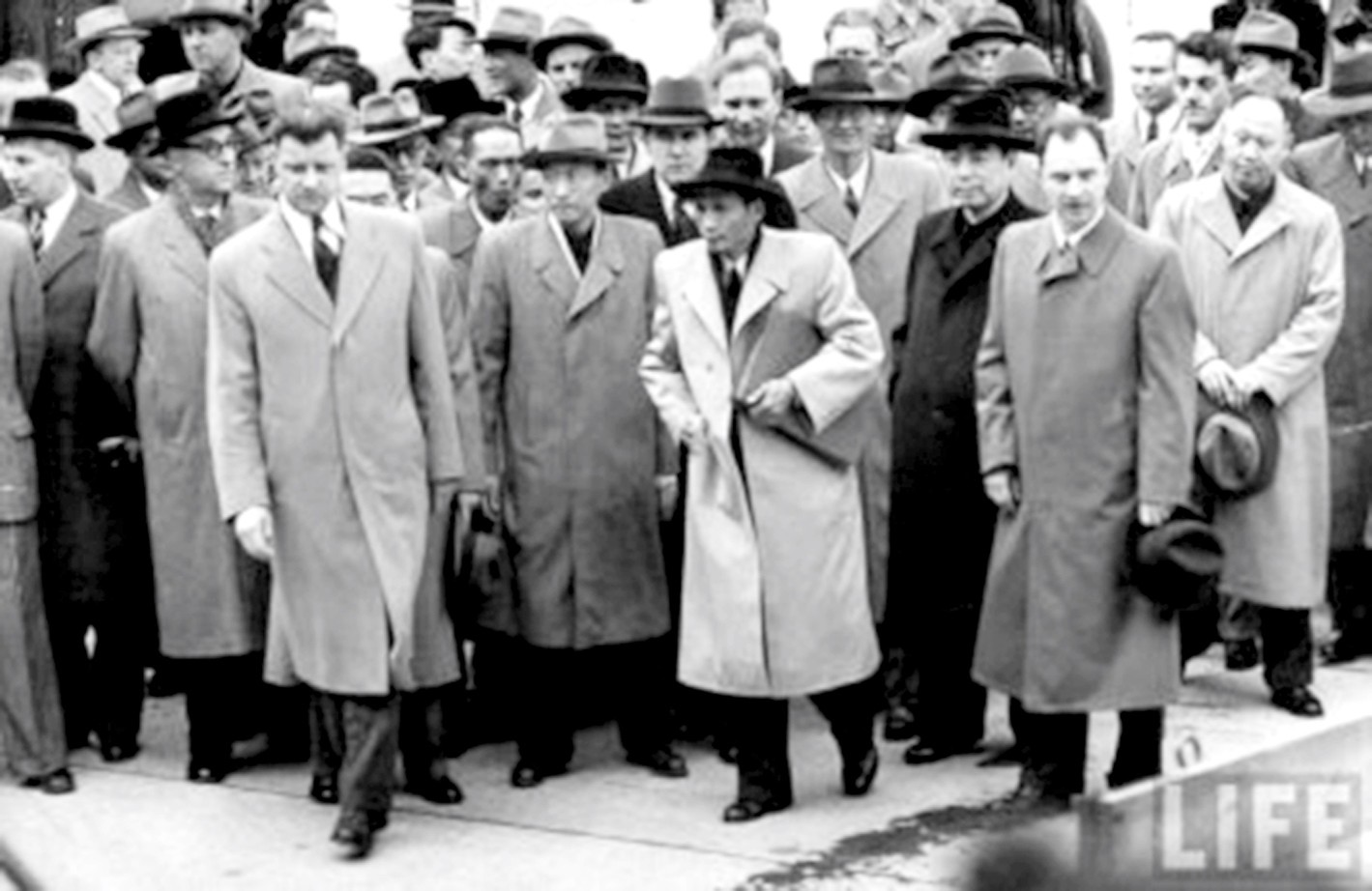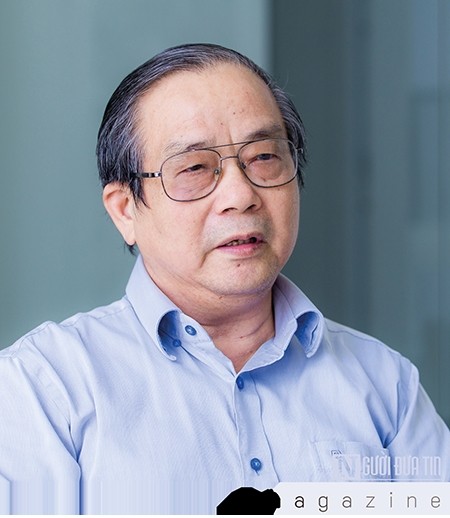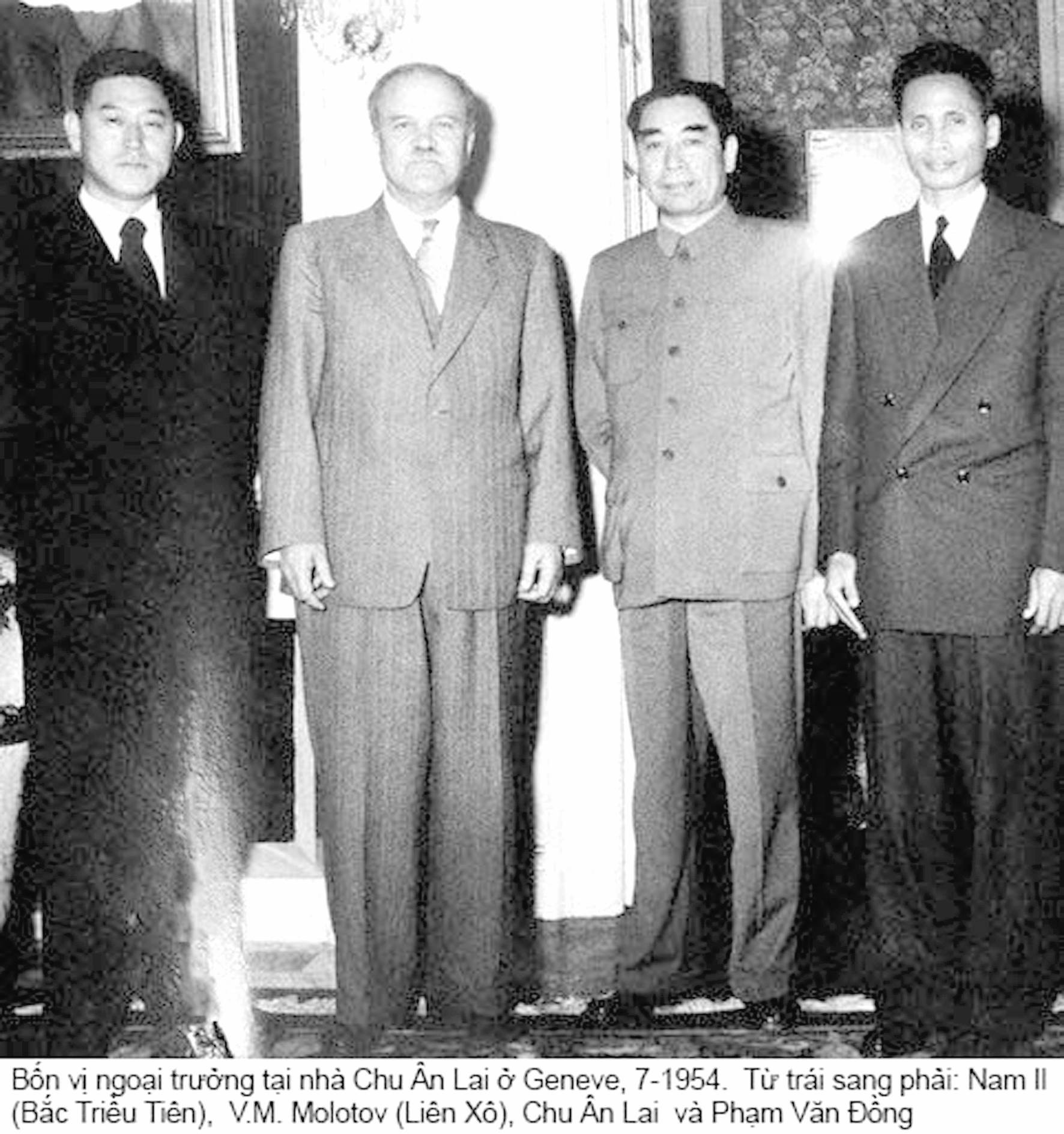
The Geneva Agreement 1954: Profound Lessons for Diplomacy
Latest
 |
Important International Significance
At the Geneva Conference, the Geneva Accords on Indochina, with armistice agreements for Vietnam, Laos, and Cambodia was signed and a 13-point Final Declaration was adopted with the consensus of seven delegations, excluding the United States and the State of Vietnam. The principal provisions were that France committed to ending the war, withdrawing its troops, and respecting the basic national rights of the three Indochinese countries.
 |
| Ambassador Prof. Dr. Vu Duong Huan. |
In Vietnam, the demarcation line was established at 17th parallel for the troop regrouping, while the resistance forces in Laos were re-positioned in Northern Laos bordering China, and the Cambodian resistance forces were disbanded on the spot, without designated concentration areas. A unified general national election would be held in Vietnam after two years, with a 300-day period for troop re-grouping. The International Commission for Supervision and Control, chaired by India, with Canada and Poland as members, was placed in charge of supervising the ceasefire.
Alongside its successes, the Geneva Conference had certain limitations due to various objective and subjective reasons. The 17th parallel in Vietnam did not fully reflect our victorious trends on the battlefield and the political dynamics of the struggle between us and France; the representatives of the Laotian and Cambodian resistance forces, although parties to the conflict, could not attend the Conference. The unified general national election in Vietnam, initially scheduled for two years later, was postponed indefinitely. Meanwhile, the 300-day timeframe for troop withdrawal fully met France’s demands.
The Geneva Conference holds great significance for the revolution of Vietnam, Laos, and Cambodia. Accordingly, France put an end to the war and colonial regime in Indochina. Northern Vietnam was liberated, serving as a major rear area for the revolution of the three countries. The Geneva Accords also has considerable international significance, along with the victory at Dien Bien Phu, marking the beginning of the downfall of France’s old colonialism.
Invaluable Experience
The Conference provided for Vietnamese diplomacy many invaluable lessons, which still hold great value.
Firstly, the lesson of persistently defending the national interests was a significant one for Vietnam at the Geneva Conference. Despite our victory at Dien Bien Phu, we faced numerous challenges because this was essentially a bargaining session among major powers. Vietnam had allies like the Soviet Union and China, however in some matters, our objectives were diverged. Moreover, our side was outnumbered compared to the Western bloc. In such circumstances, the delegation of the Democratic Republic of Vietnam remained steadfast in defending national interests and independence, particularly in ending the war and the colonial regime of France, and ensuring the independence and unity of Vietnam.
We tackled both military and political issues while France aimed to resolve only military matters to save its Far East Expeditionary Corps from destruction. Vietnam consistently demanded France and other countries to recognize the basic national rights of the three Indochinese nations, maintaining simultaneous resistance throughout Indochina, refraining from deploying foreign troops or weapons in Indochina, avoiding foreign military bases, and ensuring that the demarcation line in Vietnam was not treated as a national border. Vietnam also vehemently fought for the participation of Laotian and Cambodian resistance forces in the Conference...
Secondly, it is necessary to negotiate directly with the opponent, which in this case was France, regarding one’s own issues. From this lesson, in the resistance war against the US to save the nation, we advocated for direct negotiations with the US.
Thirdly, regarding independence, self-reliance, unity, and international cooperation. This is an important thought of President Ho Chi Minh. He affirmed: “Independence means we control all our affairs, without interference from outside.” Speaking with diplomats (1/1964), he asserted: “the root, the crucial point of our politics, military, economy, internal affairs, and diplomacy is self-reliance.”
Independence and self-reliance do not mean isolation or detachment; on the contrary, they are closely linked to unity and international cooperation. President Ho Chi Minh’s concept of independence and self-reliance dates back to 1921 and was further developed during the revolutionary process. In an article published in Pravda newspaper of the Soviet Union, on August 3, 1956, President Ho analyzed deeply the relationship between national and international relations.
At the Geneva Conference, we relied too much on our two major allies, the Soviet Union and China. Assistance from allies is necessary, however we were still passive, lacking our own negotiation strategy and tactics, only having a negotiating stance. It can be said that the spirit of independence and self-reliance has certain limitations. There are objective and subjective reasons for this. The battlefield has played decisive role, and resources must be focused on the military front. Therefore, it was not yet possible to allocate resources for diplomatic work. At the same time, we were lack of experience in diplomatic struggles, especially multilateral diplomacy with major powers, which is inherently complex. We did not fully understand other countries, and there was a lack of self-reliance in communication between leadership inside the country and negotiation delegation abroad due to the lack of encryption machines.
Fourthly, the combination of military, political, and diplomatic aspects is also a major Ho Chi Minh’s thought. We can only negotiate for what we have gained on the battlefield. With this spirit, we were determined to push forward the Winter-Spring Campaign of 1953-1954, to shatter the Navarre Plan, especially the Dien Bien Phu campaign, which was an important factor that led to the Geneva Conference. After Dien Bien Phu victory, the balance of power between the two sides on the battlefield was approximate, but Vietnam held the upper hand. However, leveraging this advantage after Dien Bien Phu victory at the negotiations table had its limitations. Perhaps this was because the Geneva Conference was not a direct negotiation between us and France but a multilateral negotiation dominated by major powers...
 |
| From left: Heads of delegations at the Geneva Conference include: Nam Il (DPR Korea); V.M. Molotov (Soviet Union), Zhou Enlai (China) and Pham Van Dong at Zhou Enlai’s villa in Geneva. |
Fifthly, value strategic research. Strategy is a comprehensive, overarching plan established to achieve major goals and gain competitive advantages. It is the process of determining guiding principles, main directions, resources, and approaches to achieve long-term goals, while seizing opportunities and coping with challenges in the strategic environment. Strategy also involves identifying and exploiting opportunities, dealing with challenges and risks. This includes analyzing the domestic environment and international context, assessing strengths and weaknesses, and identifying pathways to achieve goals, etc. Besides strategy, there are strategic issues.
Strategic research is a comprehensive, deep, and far-reaching study of history and prospects forecasting. Due to the absence of a research team to participate in the Geneva Conference, we did not fully grasp the trends of struggle and complex negotiations among major powers in multilateral negotiations, as their strategic interests disadvantaged smaller countries. We also did not understand at the time that the US had decided not to militarily intervene in Indochina to save France. We also did not fully comprehend the intentions of the Soviet Union and China, as besides the internationalist spirit, there were still national interests.
Furthermore, regarding negotiation skills, we placed too much emphasis on the timeline for general elections in Vietnam, whereas we should have been more flexible on other issues. At the same time, Vietnam did not seize the opportunity with Britain, as a co-chair, and did not actively engage with the French delegation to exert pressure, which are also lessons to be learned.
These are the lessons drawn from the Geneva Conference in 1954 on Indochina. Later, we applied them to contribute to the success of the Vietnam-US negotiations in Paris.













